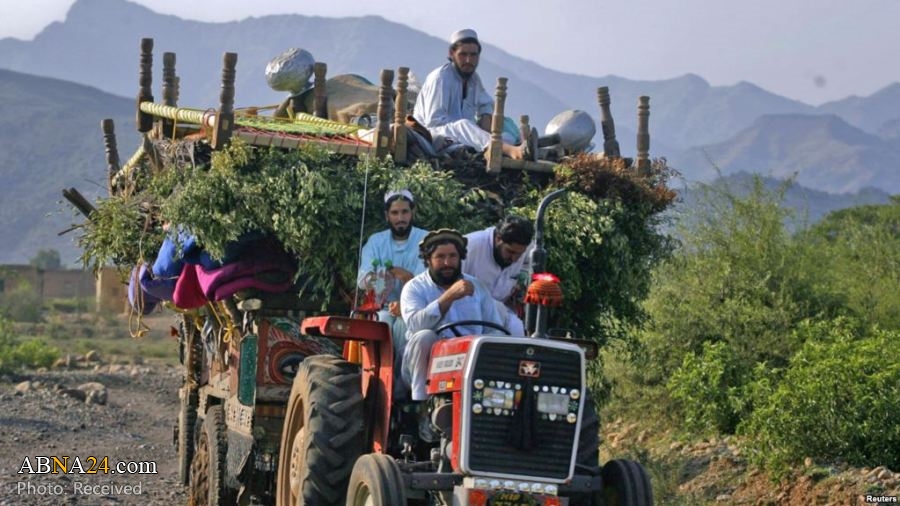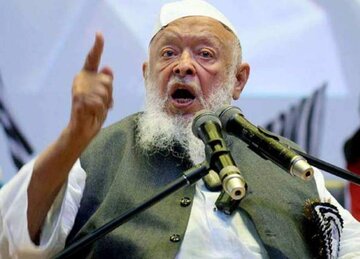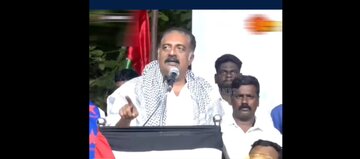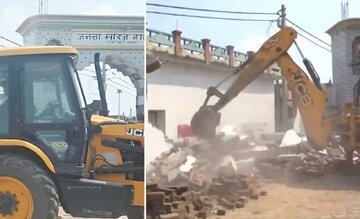(AhlulBayt News Agency) - In a sign that a restive northwestern Pakistani region is recovering from decades of unrest, hundreds of displaced Shi’ite and Sunni Muslim families have begun returning to their homes.
This week, enthusiastic crowds welcomed scores of displaced Sunni families back to the predominantly Shi’ite city of Parachinar near Pakistan’s western border with Afghanistan. Some 40 kilometers to the east, Sunni residents welcomed Shi’ite families displaced by deadly anti-Shia clashes 11 years ago.
Parachinar, the regional capital, and Sadda are the two major towns in the Kurram tribal district. Named after the river Kurram, the region has been marred by anti-Shia clashes and terrorist attacks. Since 2007, the predominantly Shi’ite residents of Parachinar in upper Kurram have been partially cut off from the mostly Sunni inhabitants of Sadda downstream.
Under a government-brokered deal, the two communities have now embarked on a path to complete reconciliation.
“I am very happy to return to my native village in Sadda,” says Mansab Ali, a Shi’a whose family was forced to seek shelter among fellow Shi’a in Parachinar in the 1980s.
“We are very grateful to the authorities and the tribal leaders for making it possible for us to return,” he told Radio Mashaal. “This is our land. It is where we were born and where our ancestors are buried.”
Lawmaker Sajjad Turi represents Kurram in the Senate or upper house of the Pakistani Parliament. He says the returns are made possible by years of rigorous negotiations and lobbying.
“It was a human tragedy that equally affected Sunnis and Shi’a,” he told Radio Mashaal. “Resolving this issue deserves great praise and has made everyone happy.”
Kurram’s estimated 700,000 residents suffered for years after the 2007 anti-Shia clashes in Parachinar turned into a larger conflict in which the hard-line Taliban attempted to overrun the city. After failing to take over, they besieged it for nearly four years. More than 3,000 people died in the fighting while tens of thousands were displaced.
Parachinar’s siege ended after a government-brokered agreement in 2011. But the city suffered frequent terrorist attacks, which killed hundreds of Shia Muslims. While the road to Parachinar through Sadda opened, Shi’ite travelers were occasionally attacked or needed protection by security forces.
But years of negotiations and a widespread realization that tensions only spelled trouble for Kurram prompted residents to embrace reconciliation.
“Inshallah (God willing), we are determined to return every displaced person to their home,” tribal leader Noor Muhammad said.
/129
24 June 2018 - 03:51
News ID: 898881

In a sign that a restive northwestern Pakistani region is recovering from decades of unrest, hundreds of displaced Shi’ite and Sunni Muslim families have begun returning to their homes.




